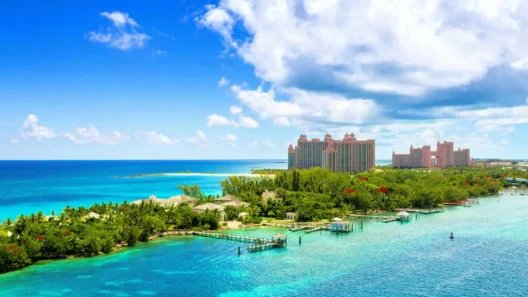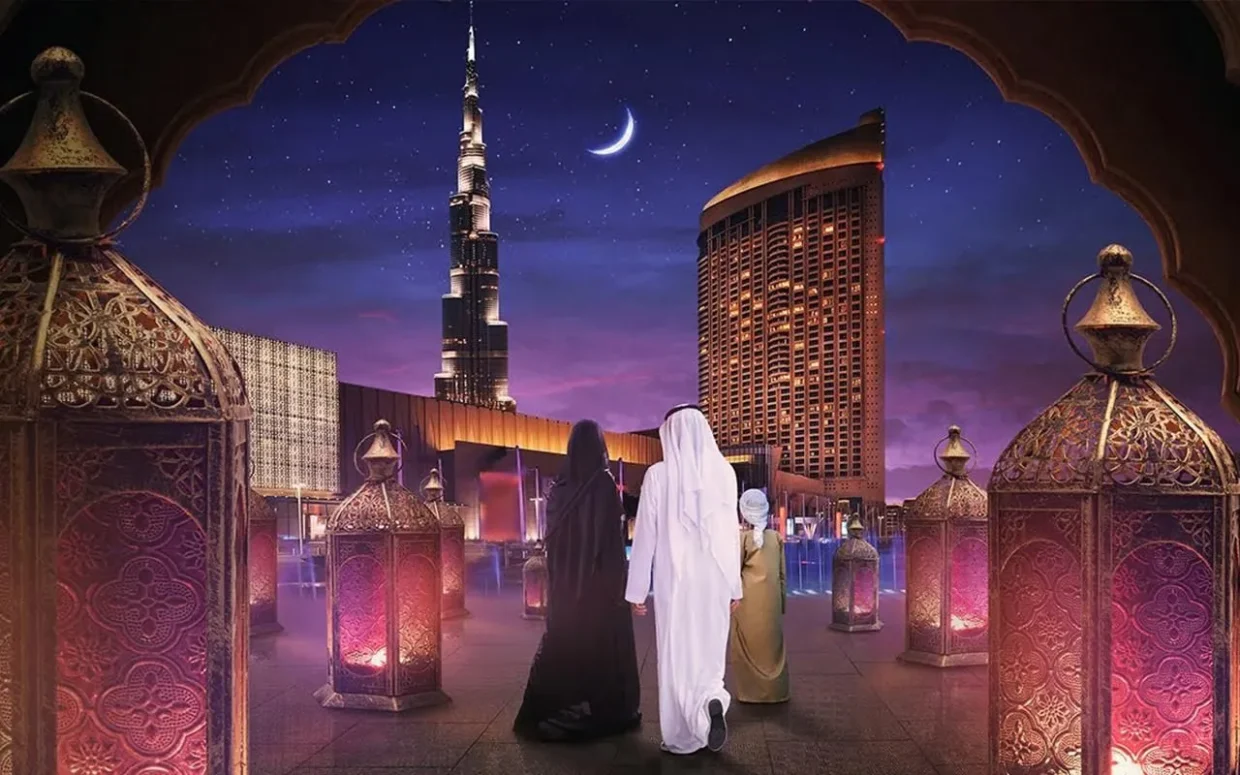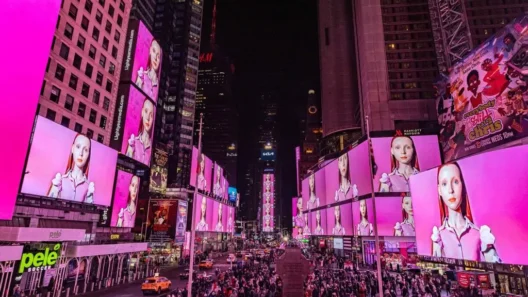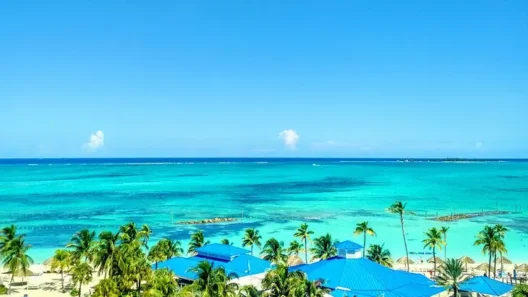My eyes paused on a fresh date and the scent of mint tea floating in the air. Just moments ago, a cannon signaled the end of the day’s fast and the streets suddenly came to life. People passed around fragrant dishes of iftar, and in that moment, I felt like part of something much bigger.
Ramadan in the UAE isn’t just a time of fasting – it’s an immersive cultural celebration. And if you happen to travel to the Emirates during this sacred month, I’ve got a few tips to help you make the most of it while showing the right amount of respect for local customs.
What Ramadan Actually Means
Ramadan is the ninth month of the Islamic lunar calendar and represents a time of spiritual purification, humility, empathy, and devotion. From sunrise to sunset, Muslims fast – not just from food and drink, but also from smoking, chewing gum, and other physical indulgences. But it goes deeper than that. Ramadan is about charitable acts, deeper prayer, and spending time with family.
Each year, the dates shift by roughly 10 days earlier on the Gregorian calendar since the Islamic calendar follows lunar cycles. The beginning of Ramadan is only confirmed by the sighting of the new moon – which can vary by location.
Why Should a Tourist Even Care?
You might think Ramadan has nothing to do with you as a traveler. But if you’re visiting the UAE during this month, you’ll quickly realize that it affects nearly everything: opening hours, public behavior, the pace of life. Not knowing how to act can get you into awkward – or even problematic – situations. Imagine sipping water on a park bench at noon without realizing everyone else is fasting.
On the other hand, a little cultural sensitivity can go a long way. Emiratis are proud of their traditions, and even in a cosmopolitan society, they appreciate when visitors make an effort to show respect. Your trip will be smoother – and far richer – if you embrace this mindset.
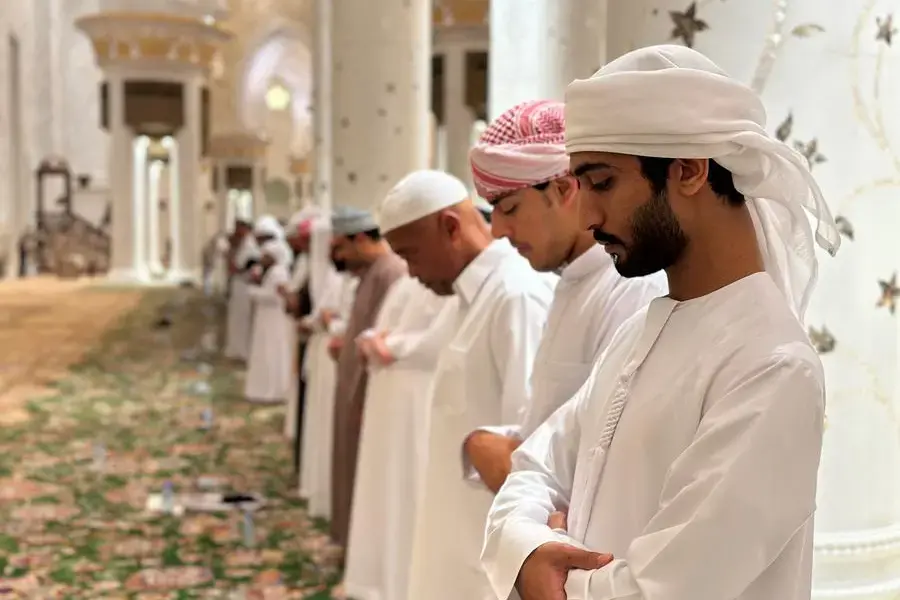
Rules for Non-Muslims During Ramadan
The golden rule: between sunrise and sunset, do not eat, drink, smoke, or chew gum in public. This includes streets, parks, and even public transport. Private hotel rooms or designated dining areas in malls are fine – just be discreet.
Music should be kept low, public displays of emotion or affection are frowned upon, and modest clothing is expected. For women, covering shoulders and knees is the bare minimum. Even at beaches, try to avoid wandering around town in beachwear.
Interestingly, many non-Muslims find themselves naturally adjusting to the rhythm of Ramadan. Life slows down, the atmosphere becomes more peaceful, and the sense of community during iftar gatherings is truly heartwarming.
💡 Travel Tip: Whenever you’re away from home—whether in the UAE or anywhere else—using a VPN is always a smart move. It protects your personal data on public Wi-Fi networks (like those at airports or hotels), lets you access your favorite sites and streaming services as if you were back home, and keeps your online activity private. I personally recommend trying NordVPN, Surfshark, ExpressVPN, or CyberGhost—they’re among the best when it comes to speed, security, and ease of use while traveling. 🌍🔐
Suhoor and Iftar: When and Where to Eat
Suhoor is the pre-dawn meal before fasting begins, while iftar is the evening feast to break the fast. Suhoor tends to be simple, but iftar? That’s a culinary celebration. Whether you dine at a luxurious hotel buffet or a local restaurant, expect a spread of traditional dishes like hummus, moutabal, sambousek, grilled meats, dates, and desserts like qatayef or baklava.
Many places offer special Ramadan menus, often as all-you-can-eat deals. Book ahead if you can – iftar tables fill up fast. And if you’re ever invited to someone’s home for iftar, accept graciously. Bring a small gift, like a box of dates or flowers, to show appreciation.
Working Hours and Daily Routine Adjustments
During Ramadan, working hours are reduced across the board – even for non-Muslims. By law, employees in the private sector work two fewer hours each day, so 6 hours instead of 8, without any cut in pay. Schools follow suit with shortened hours, and physical education classes are typically optional during this time.
While supermarkets and grocery stores operate almost as usual, restaurant hours shift. Many are closed during the day or only serve behind screens, then fully open after sunset and remain busy late into the night.
The nightlife in Ramadan is quite unique – not about bars or clubs, but rather social gatherings, midnight shopping, and family meals stretching into the early hours. Malls stay open until late and the atmosphere has a special magic of its own.
How to Stay Respectful and Still Enjoy the Experience
At its core, it’s all about empathy. You don’t have to memorize religious rules – just be mindful. If you know people around you are fasting, maybe hold off on your street snack until you’re in private. It’s not about strict rules but common courtesy.
Plan your outings with the climate and the fasting hours in mind. Mornings are perfect for excursions and sightseeing, while the afternoons are best for rest. Come sunset, dive into the world of local cuisine and let yourself be carried by the collective joy of iftar.
And remember: even as a visitor, you can gain so much from the Ramadan experience. You might leave with not only beautiful memories but also a deeper understanding of faith, culture, and the strength of human connection.







